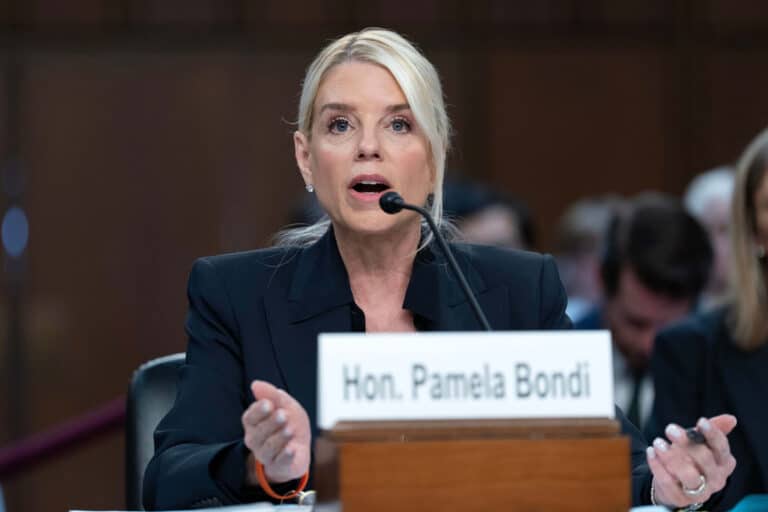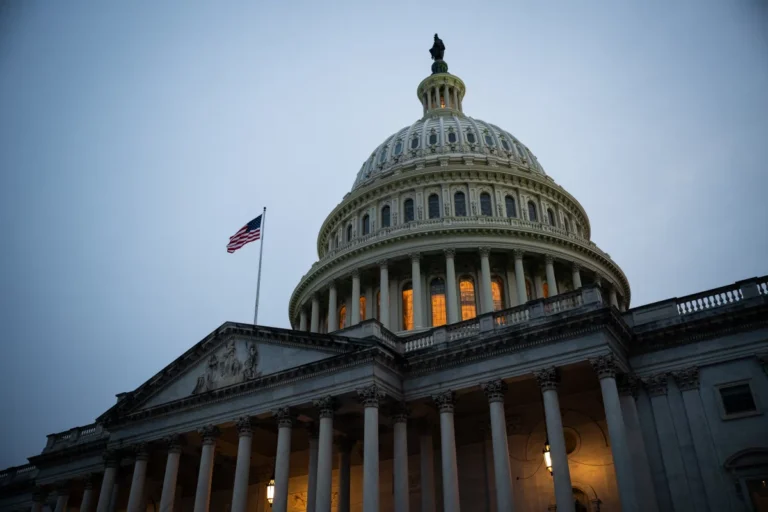Opinion: Why I’m handing in my Pentagon press pass
Thomas Jefferson, no fan of the press himself, once wrote that our liberty depends on the freedom of the press, “and that cannot be limited without being lost.”

Thomas Jefferson, no fan of the press himself, once wrote that our liberty depends on the freedom of the press, “and that cannot be limited without being lost.”

Attorney General Pam Bondi is testifying before the Senate Judiciary Committee amid mounting concerns that the DOJ is being weaponized to go after President Trump’s perceived enemies.

Much of the federal government is now shut down after Republicans and Democrats in the Senate failed to agree on a pair of dueling funding bills to keep the government open. Republicans voted to block a bill proposed by Democrats that included government funding through the end of October and an extension of federal healthcare…

Law enforcement authorities say Thomas Jacob Sanford, a 40-year-old Marine veteran from nearby Burton, carried out the deadly attack. Sanford was killed in a shootout with police.

The Department of Homeland Security said a gunman fired at the ICE building “indiscriminately” and at a “van in the sallyport where the victims” were hit.

At NPR and many member stations, listener contributions have spiked up significantly. They are helping to make up for the cuts, at least in the short term.

Authorities are still looking for the person who fatally shot right-wing activist and podcaster Charlie Kirk on a college campus on Wednesday.

For weeks President Trump has threatened to send National Guard troops to Chicago. Illinois Gov. JB Pritzker says Trump’s repeated threats to send troops are a power grab while the President says it’s an effort to fight crime.

For the past several weeks, Trump and other administration officials have suggested that Trump could send National Guard members to Chicago. Trump has claimed that Chicago needs federal help to combat crime.

The judge took evidence in a trial last month about the actions of the guard stationed in L.A. in a unit called Task Force 51.

Minneapolis Police Chief Brian O’Hara said a motive has yet to be determined.

President Trump suggested he will “straighten out” Chicago next. Mayor Brandon Johnson told NPR that would be “illegal and costly” — but said there are other ways the federal government could help.

Shapiro began his career at NPR as an intern for Nina Totenberg. He went on to be an International Correspondent, a White House Correspondent and a Justice Correspondent.

As the U.S. capital braces for a second week with soldiers and masked federal agents conducting “roving patrols” on the city streets, President Trump says he knows some Americans fear he’s crossed a dangerous line.

The move comes over the objections of local leaders, despite the fact violent crime plunged to a 30-year low last year, according to data compiled by the U.S. Department of Justice.